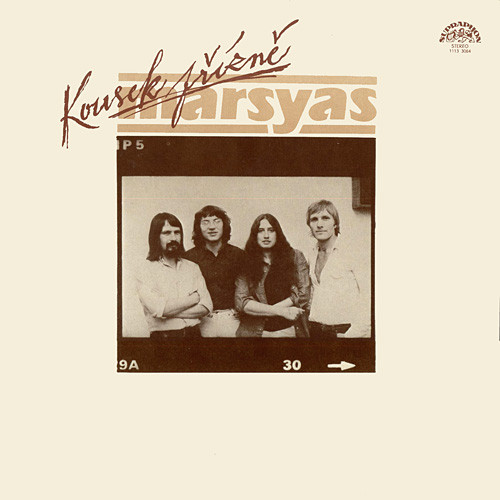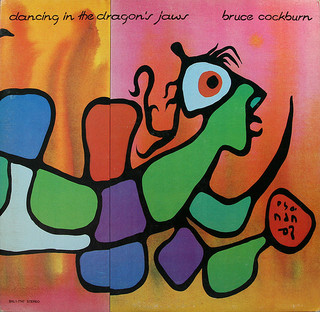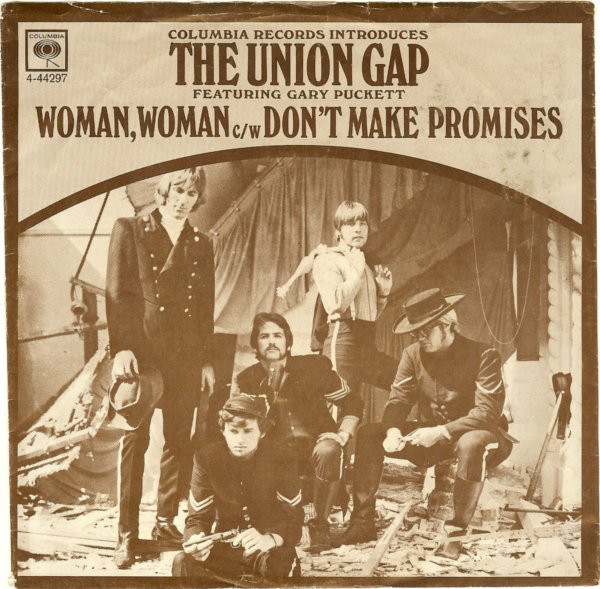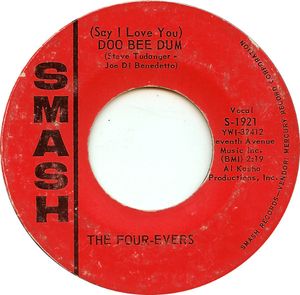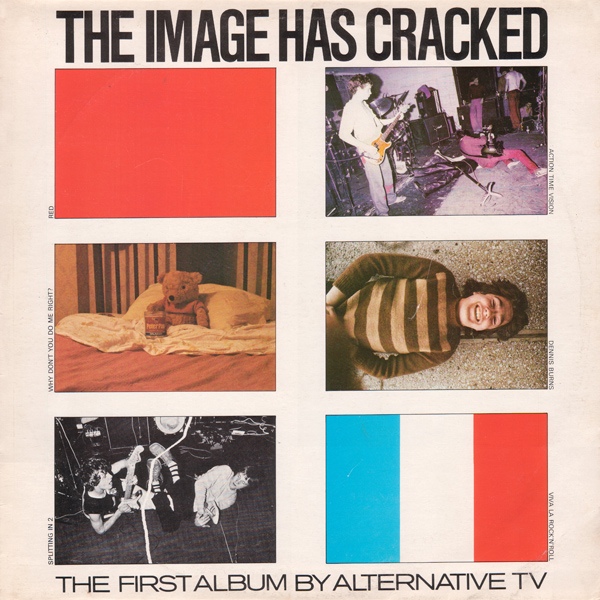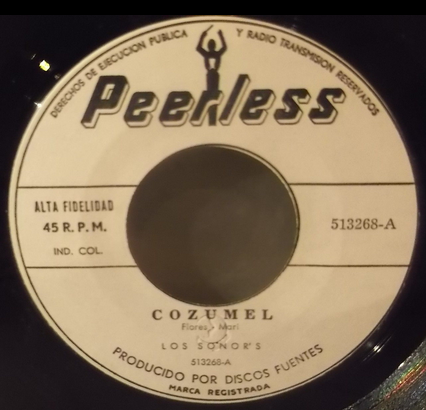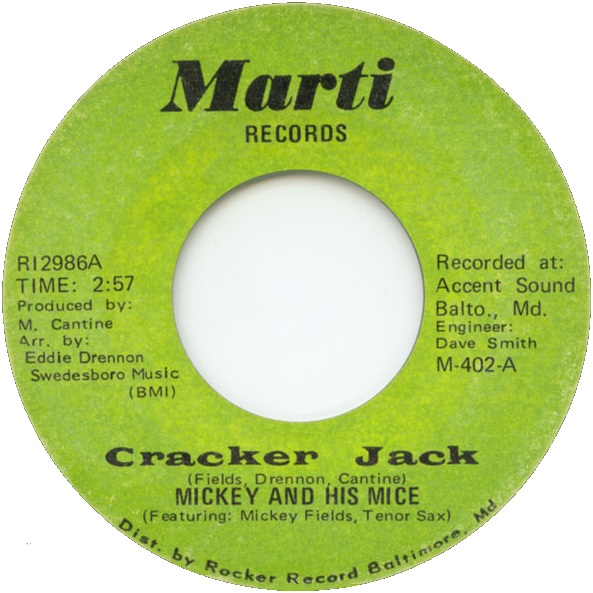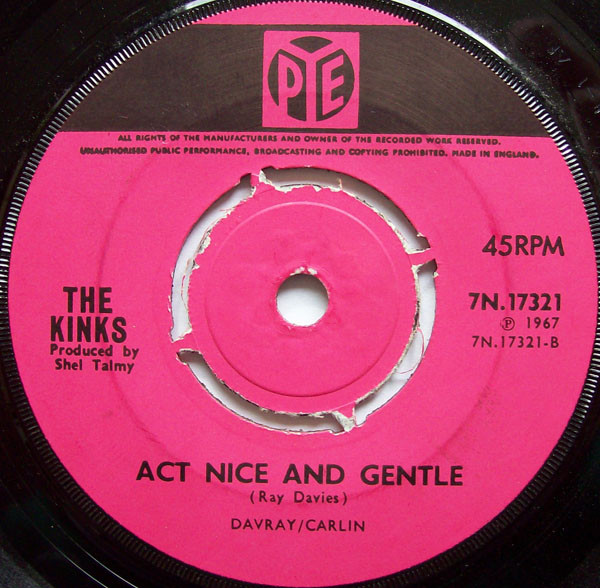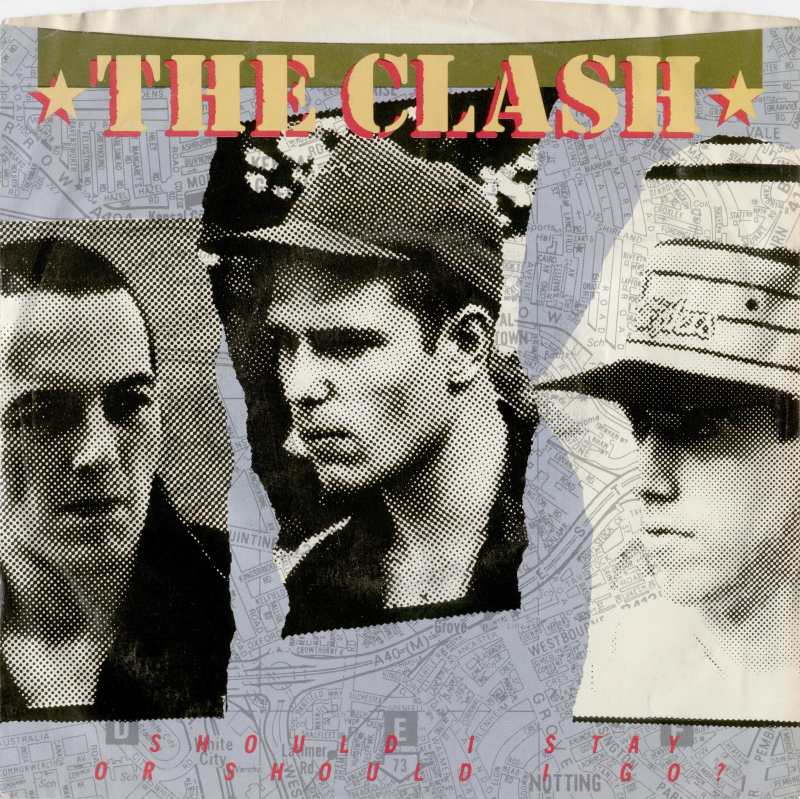
“Should I Stay or Should I Go” (1982) – The Clash * Written and produced by the Clash * 45: “Should I Stay or Should I Go” / “Cool Confusion” (b-sides varied after first issue) * LP: Combat Rock * Label: CBS (UK)/Epic (US)
Heavy rotation inconsequence (falling short of the Top 40 in its day) that nonetheless became consequential, managing to maintain, in the present, the don’t-give-a-f*ck attitude that first hooked teenage boys in the early eighties. The song became an instant staple among non-metal garage band kids who never looked as serious as the Ayn Rand characters on the single’s European picture sleeve. Oddly enough, the Big Boy restaurant franchise resisted using the song during its 1984 “Should He Stay or Should He Go” mascot campaign, although TV-stink finally did get all over it when a 1992 Levi’s commercial propelled it to #1 in the UK. The song remains a lawsuit candidate for its reliance on John’s Children’s “Let Me Know,” which probably lifted from the Spencer Davis Group’s “High Time Baby,” which probably lifted from the Righteous Brothers’ “Little Latin Lupe Lu.”

